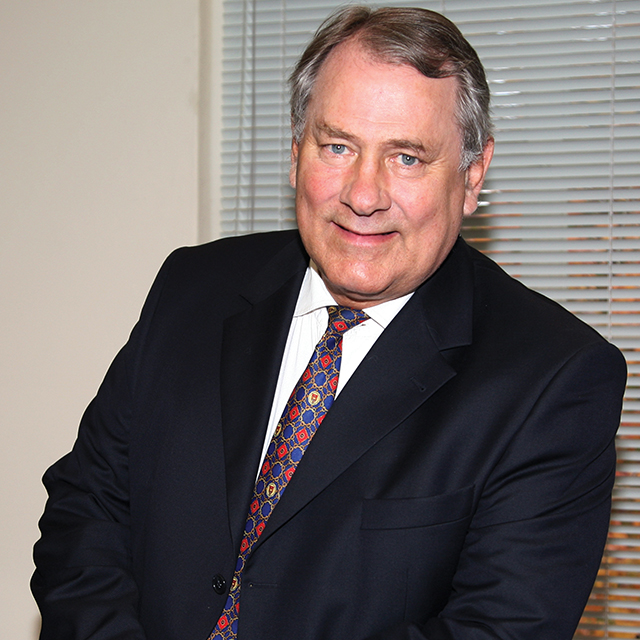Frederik Van Zyl Slabbert was born on 2 March 1940 in Pretoria and grew up in Pietersburg (now Polokwane) in the Limpopo Province. In 1958, he matriculated from Pietersburg Afrikaans High School where he was head boy and captain of the first rugby and cricket teams. He began pursuing a BA classics degree the following year at the University of the Witwatersrand (Wits) with the intention of becoming a Dutch Reformed Church minister.
During his second year, Slabbert transferred to Stellenbosch University (SU) where he continued to study sociology, Latin, Greek and Hebrew. However, the following year he decided to give up his theological studies and focused on sociology instead. He received his related MA with distinction in 1964. During his time as a student, he became the first resident head of Majuba men’s residence. 1967 saw Slabbert complete his doctorate.
For the next few years, he worked as a sociology lecturer at the universities of Stellenbosch, Rhodes and Cape Town, before taking up the appointment as head of the Sociology Department at the University of the Witwatersrand in 1973.
After joining the Progressive Party (PP) the following year, Slabbert’s career started to lean towards politics when he won the seat for the Rondebosch constituency in the country’s general election. In 1979 he became the leader of the party, by then known as the Progressive Federal Party (PFP), and held the position until July 1986 when, together with former PFP colleague Alex Boraine, he formed the Institute for a Democratic Alternative for South Africa (Idasa).
He resigned as parliamentarian in 1986 and began building a career in commerce by lecturing at the Wits Business School and engaging in political consultancy. During 2002, for example, Slabbert was tasked by president Thabo Mbeki to lead a team that would investigate the possibility of a new electoral system for South Africa. He also co-founded Khula, a black investment trust, in 1990. On 12 May 2008, he was appointed chancellor of SU and held the position until his death on 14 May 2010.
Over the course of his life, honorary doctorates were conferred on him by the universities of KwaZulu-Natal, Free State and Simon Fraser in Canada. He was also a visiting scholar at the Massachusetts Institute of Technology (MIT) and received both the American Cultural Exchange and Abe Bailey Travel Scholarships.
